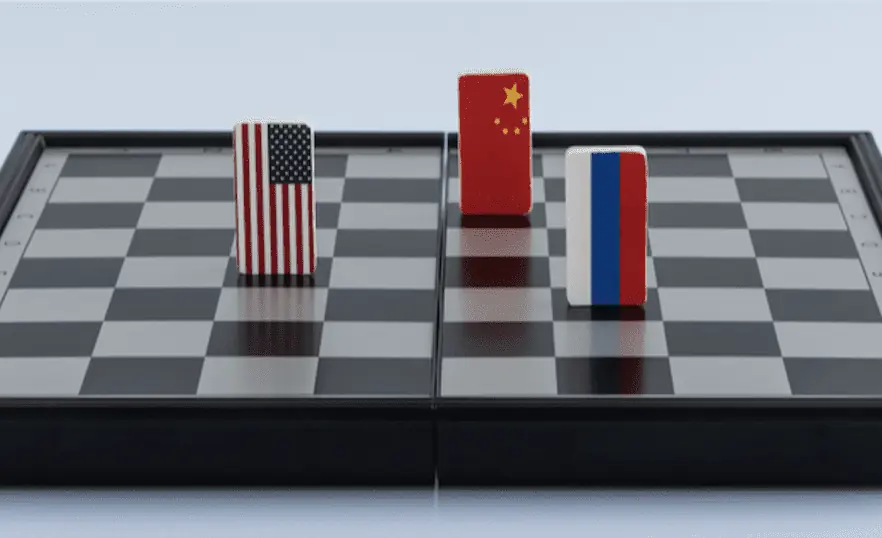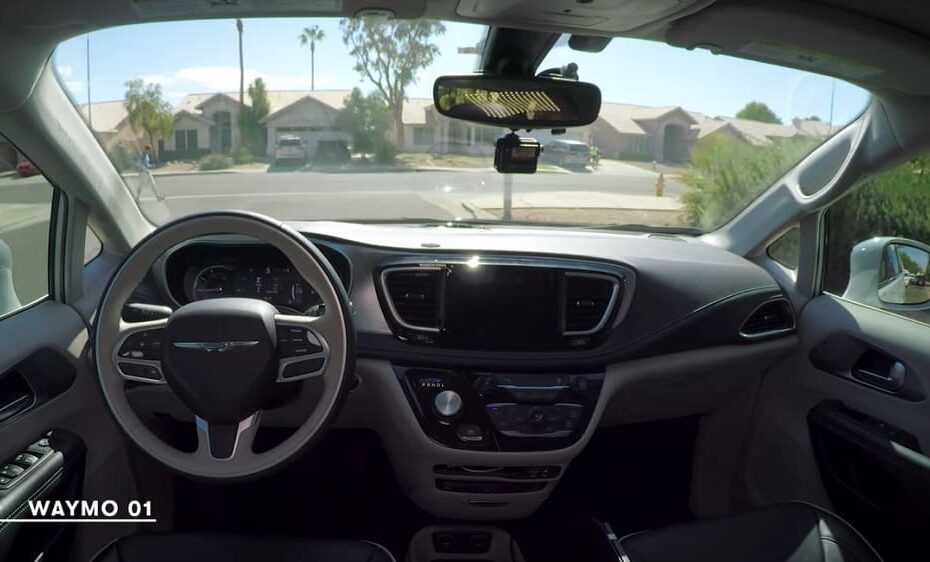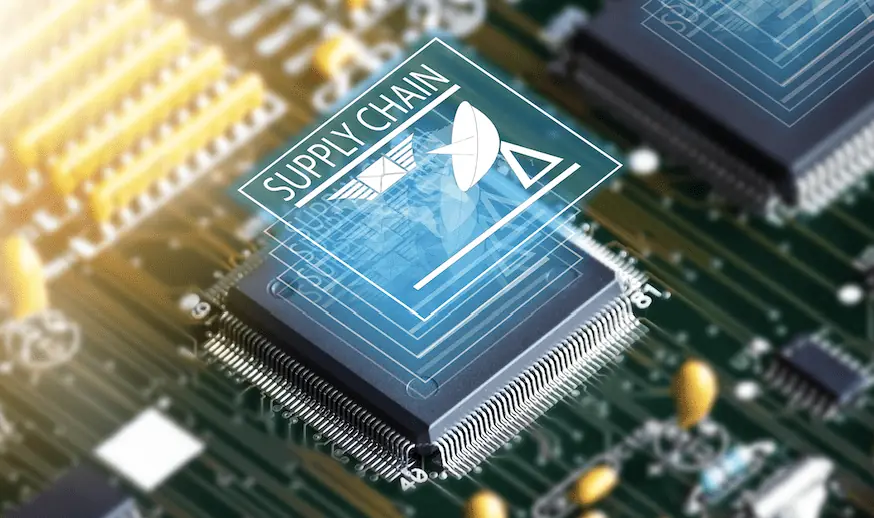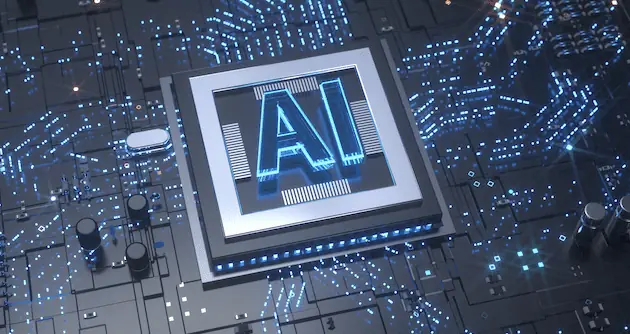Editor’s note: This is the first in a series of stories examining AMD’s acquisition of Xilinx and what it means for the evolving FPGA market.
By Ron Wilson
What’s at stake?
Both Intel and AMD have invested heavily to own a leading FPGA company. Setting aside relatively small embedded-computing and communications/networking markets, these are essentially bets on the future of the FPGA as a key partner for the CPU chip in data center servers. But unless major challenges in accessibility to software programmers and in device management are overcome, the partnership may not happen.
To appreciate why AMD would be so interested in FPGA vendor Xilinx — or for that matter, what Intel saw years ago in Altera — it helps to have some idea of just what an FPGA is, and what role the devices play in today’s semiconductor industry. The answer rests in one simple idea, unfortunately obscured by a poor choice of acronym and a lot of technical complexity. Perhaps we can untangle things a bit.
Read More »Just What is an FPGA, Anyway? 








